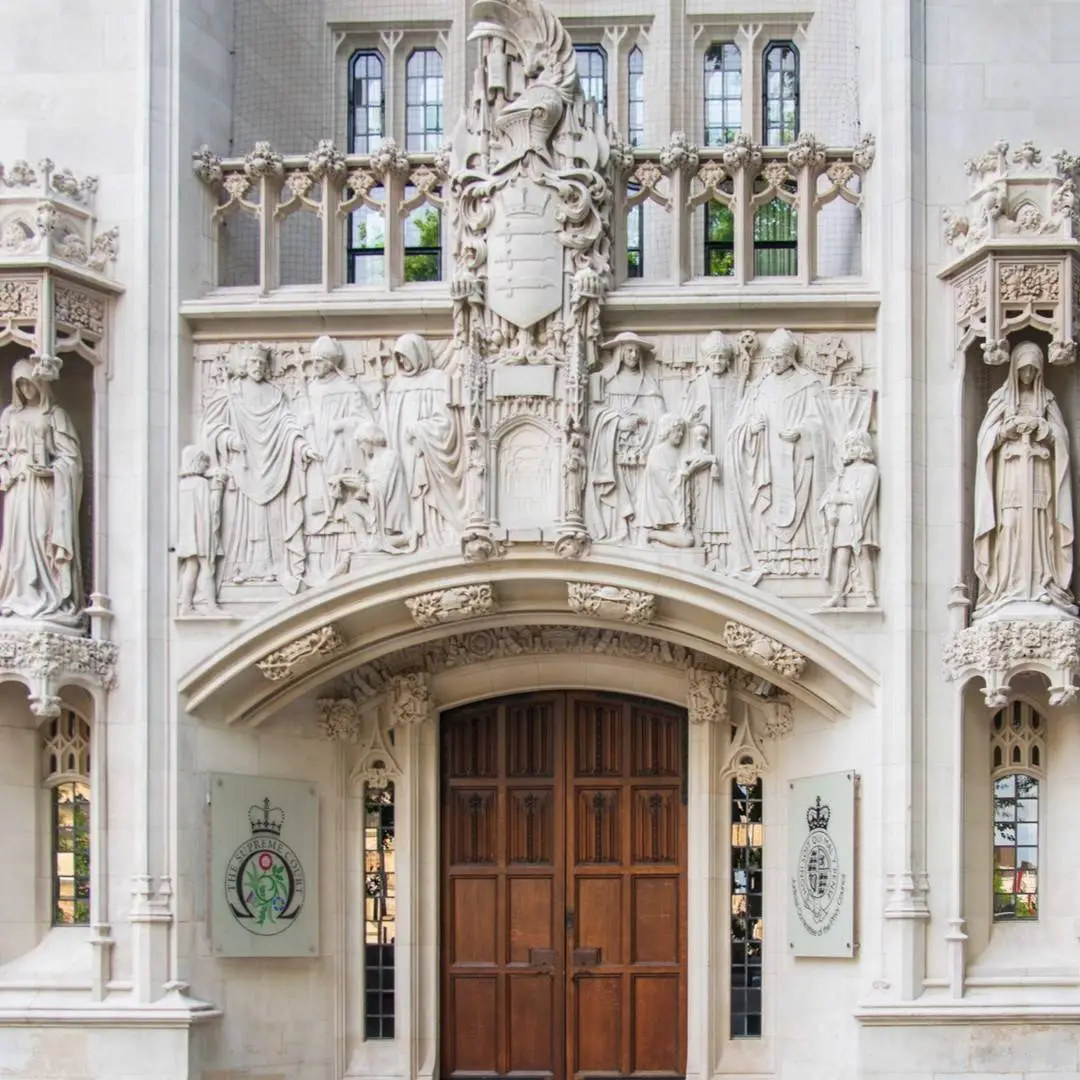Fiduciary Relationships in Secret Commission Cases
Pengelly v Business Mortgage Finance 4 PLC, and Wood v Commercial First Business Limited
Summary of outcome:
- A fiduciary relationship is not required where there is undisclosed commission. What is important is what the duty was, not the labels attached to it.
- The key issue is whether the broker "had a role in the decision making process’"
- The effect is to lower the bar on commission claims.
A fiduciary relationship is not required in secret commission cases – lenders beware.
The cases:
In 2005, Mr Pengelly sought to refinance two loans to raise capital on a more competitive interest rate. He sought the advice of UK Mortgages and Finance Service (the broker) who arranged a mortgage of £81,250.00 with Commercial First Business Limited (CFBL), which was later assigned to Business Mortgage Finance 4 PLC (Finance 4). Mr Pengelly paid the broker a fee of £2,954.48. CFBL also paid the broker a 3% commission on the loan amount.
Using the same broker, in 2006, Mrs Wood borrowed £1.2m from CFBL, repaying two loans secured on a property. In 2007, she borrowed a further £1.4m and later in 2007 an additional £174,474.00 from CFBL. For the first and third loan she paid total fees of £18,226.00 (the second loan fee had been waived by the broker). The broker also received 3% commission for the first loan, 4% for the second and 4% for the third.
It was not disputed that Mr Pengelly and Mrs Wood did not know that these commissions were paid. The question at issue was whether the lack of disclosure of the commission was sufficient to allow rescission of the loan agreements.
The cases went together to the Court of Appeal and here three key issues were raised:
- Is a fiduciary relationship between the client and the broker a necessary pre-condition to the grant of relief against the payer of the undisclosed commission?
- Did a fiduciary relationship exist between the client and the broker in these cases?
- Are the commissions that were paid properly categorised as half-secret commissions?
The outcome:
The Court decided that it was the content of the duty, not the label attached to it, that was the key issue. It was necessary to consider whether the “payee was under a duty to provide information, advice or recommendation on an impartial or disinterested basis. If the payee was under such a duty, the payment of bribes or secret commissions exposes the payer and the payee to the applicable civil remedies. No further enquiry as to the legal nature of their relationship is required”.
In short, it was the duty to give a disinterested opinion that made the secret commission unlawful, as opposed to whether a fiduciary relationship existed.
Furthermore, the Court looked at the role that the broker played in a transaction to determine when its role would trigger secret commissions. Determining that there was no requirement for a fiduciary relationship, the court said instead that it hinged on whether the person receiving commission “had a role in the decision-making process” or was “in a position to influence or affect the decision taken by the principal”.
Downplaying the need to establish a fiduciary relationship, the Court also found that there simply needed to be a duty to provide disinterested advice or recommendations, i.e. what really mattered was the duty to be honest and impartial.
Significantly, the Court also considered the scenario where a broker may only have put forward one product, but it found that this made no difference. Even in those situations, the broker would still have access to a panel of lenders, and therefore make a decision as to whether a product met a client’s needs, which involved a judgment call by the broker. Accordingly, even if a broker only offers one product, this still engages the same criteria.
Looking at the second question, the Court emphasised the trust and reliance of Mrs Wood and Mr Pengelly, and that such confidence in the agent gives rise to a fiduciary relationship. It would be wrong to rely on the terms of engagement of the broker as they were drafted to cover all eventualities; and the relevance of the particular terms would depend on the level of service provided.
The Court concluded that, on the basis of the findings of the fact at first instance, the broker owed duties which engaged the law applicable to bribes and secret commission; and therefore, it was also correct to hold that the broker owed a fiduciary duty of loyalty to the customer in performance of its duties.
The appeals were dismissed in both cases.
Summary:
Throughout this judgement, it was made clear that the key factor in the access to a remedy for secret commission is not the existence of a fiduciary duty per se, but that the existence of the commission or bribe isn’t compatible with the necessary disinterested advice this relationship requires. It is the existence of that commission which is unlawful.
In cases of secret commission, rescission of the transaction is accordingly available as of right, subject to the ability to make counter-restitution (that is, where any benefit received cannot be returned).
Lenders beware: the bar has now been lowered for commission claims.


